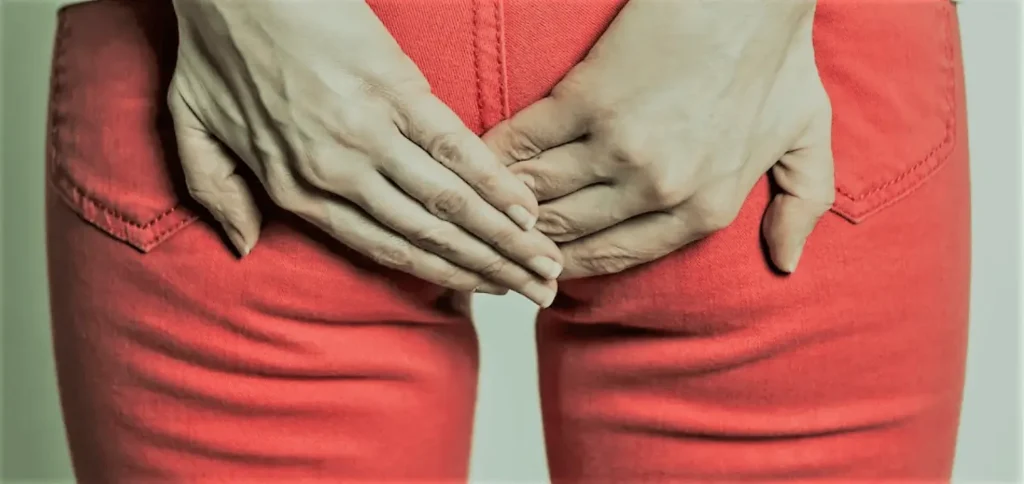Post-Bariatric Surgery Diet Plan Outline (Indian Vegetarian)
Post-Bariatric Surgery Diet Plan Outline (Indian Vegetarian) Phase 1 : Clear Liquid Diet (Days 1–3 post-op) Goal : Hydration, prevent nausea, promote healing Frequency : Sip 30–50 ml every 15–20 mins Allowed : Coconut water (unsweetened) Jeera or ajwain water (strained) Clear homemade vegetable broth (no solids) Rice kanji water Lemon water (without sugar) ORS / electrolyte solution Phase 2 : Full Liquid Diet (Days 4–14 post-op) Goal : Gradual introduction of calories and protein Portion : 100–150 ml per serving, 6–8 times/day Allowed : Protein shakes (plant-based or whey isolate) mixed in water or skim milk Skim milk or lactose-free milk (unsweetened) Moong dal or masoor dal soup (strained) Thin oats or dal porridge (blended smooth) Buttermilk (diluted, no masala) Soy or almond milk (unsweetened)Avoid : Sugar, caffeine, aerated drinks, spicy or acidic items Phase 3 : Pureed Diet (Weeks 3–4) Goal : Increase protein intake, begin texture transition Portion : ½ cup per meal, 5–6 meals/day Allowed : Soft khichdi (blended/moist, with dal and rice) Mashed paneer with turmeric & cumin Steamed and blended vegetables (carrot, lauki, spinach, pumpkin) Hung curd or low-fat curd (plain) Boiled mashed soya chunks Chia seed pudding (in soy/almond milk) Moong dal cheela (blended) or soft moong dhokla Eat slowly, chew/puree thoroughly, avoid fibrous veggies like methi, cabbage, corn Phase 4 : Soft Diet (Weeks 5–6) Goal : Introduce soft solids, continue high protein, low fat/sugar Portion : ¾ cup per meal, 5 small meals/day Allowed : Upma with moong dal and grated veggies Soft idli with minimal chutney Boiled eggs (if tolerated, optional for ovo-vegetarians) Low-fat paneer bhurji Tofu stir-fry (minimal oil) Stuffed lauki or tinda (well-cooked, mashed inside) Greek yogurt or homemade hung curd Protein laddoo (homemade: roasted moong dal, chia, peanut, jaggery) Limit fat, avoid raw salads, dry fruits, bakery foods Phase 5 : Stabilization / Regular Bariatric Diet (From Week 7 onward) Goal : Maintain weight loss, build lifelong habits Portion : 1 cup per meal, 3 meals + 2 snacks Daily targets : Protein: ≥ 60–80 g/day Fluids: ≥ 1.5–2 L/day (30 min away from meals) Supplements: Multivitamin, calcium, iron, B12 Meal Ideas : Breakfast : Vegetable dalia or besan cheela + curd Lunch : 1 small jowar roti + dal + sautéed vegetable + curd Snacks : Roasted chana, buttermilk, low-fat milk smoothie Dinner : Vegetable soup + quinoa khichdi with tofu Protein options : Soy nuggets, paneer, whey isolate, pulses, tofuLong-term avoid: Fried food, sugar, carbonated drinks, alcohol Supplement Guidelines (To be advised by surgeon/dietician as per labs) Multivitamin (daily chewable or capsule) Calcium + D3 (500–600 mg twice/day) Iron (45–60 mg elemental/day) Vitamin B12 (oral or injection monthly) Protein supplement: Until intake from diet is sufficient Lifestyle Tips Eat slowly, chew thoroughly (20–30 times per bite) Avoid drinking with meals (gap of 30 mins) Stay upright 30 mins after meals Focus on protein first, then vegetables, then carbs Maintain food and symptom diary during first 3 months
Post-Bariatric Surgery Diet Plan Outline (Indian Vegetarian) Read More »



